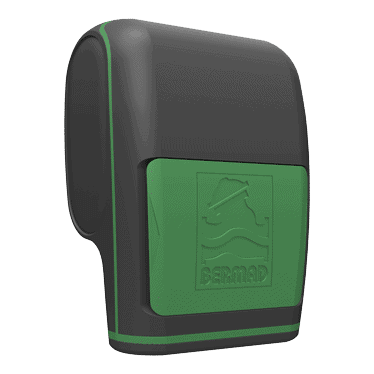How do controllers simplify system management?
Controllers and data loggers enable users to preset schedules to automatically change valve operation modes based on time, flow rate, and other parameters.
Modern controllers offer remote control capabilities via laptop or mobile device through cyber-secured, web-cloud platforms, and in some cases, directly interface with the utility’s SCADA system.
The major advantage lies in the data collected, which facilitates advanced monitoring of system performance. This helps in identifying abnormal flow/pressure patterns, optimizing system operations, and enhancing efficiency.



